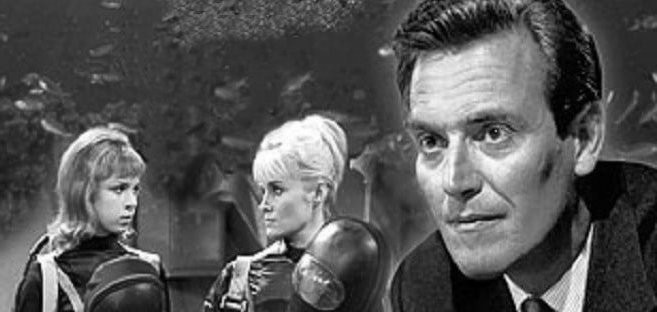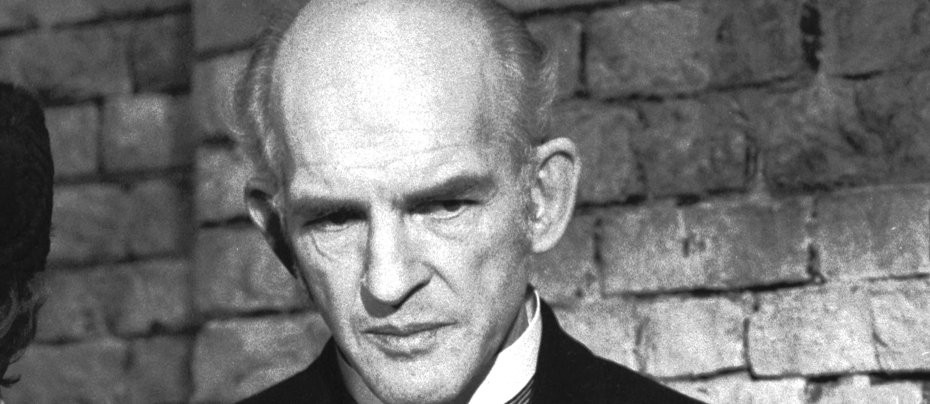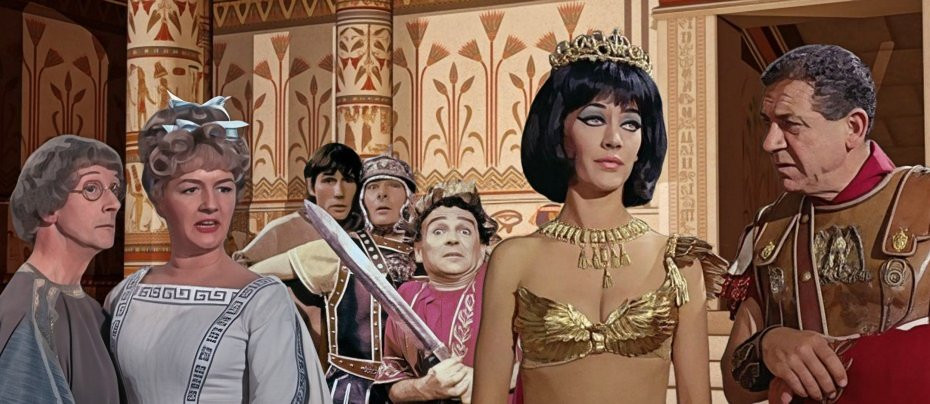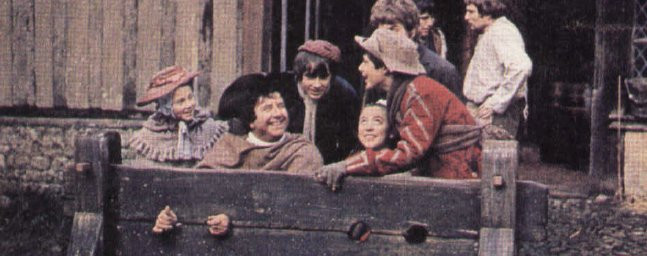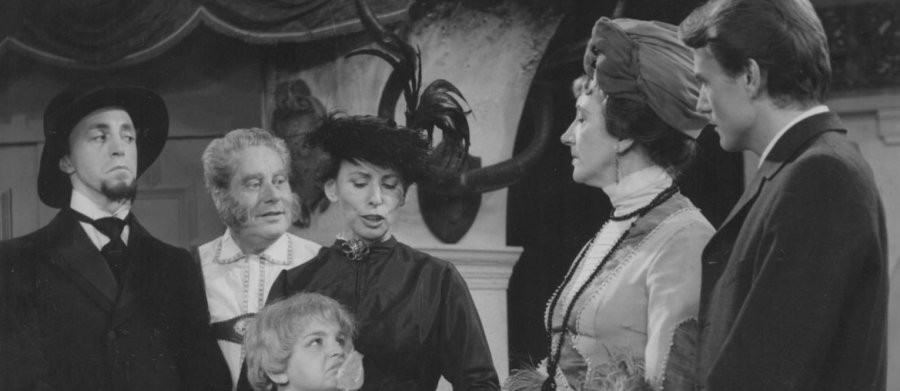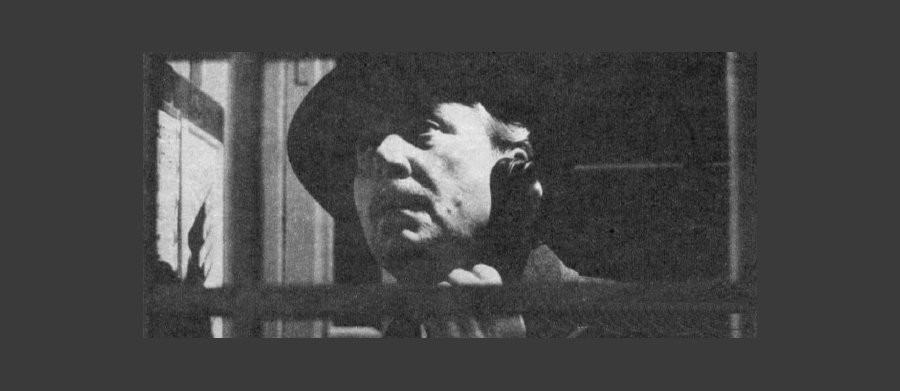
Freedom in September
1962 - United KingdomA Soviet musician is missing from his hotel. He wanders through London trying to contact people he has met and known in Russia. Who are these people? What lies behind his desperate search?
In Freedom in September author Leo Lehman focuses attention on those brief, but regular 1960s news items which announced that yet another Russian visitor had resolved to make his home in Britain, and asked for political asylum.
Deftly, sensitively, without taking sides, Lehman examines one of these situations in the making, laying bare all the frustration, the loneliness and heart-searching which such a decision entails. He is concerned, not with the famous - like dancer Rudolph Nureyev - whose welcome was assured, but with an ordinary citizen who necessarily will pay a higher price for freedom.
"For these people who are welcome but not particularly wanted by anyone, the difficulties are much greater," said Lehmann. “Lencherenko (Joseph Furst) in my play is a man like this. He knows that if he stays he will be alone in a strange country. He must abandon the life he has known - the good things as well as the bad."
Lehmann emphasised that the play was about people - not politics. Lecherenko, a minor composer, unknown in the West, is a member of a Russian cultural delegation on a good-will visit to London. He leaves the party so that he can be alone while making the final, fateful decision on whether he will stay or go home.
We first see Lomov (Martin Sterndale), leader of the delegation, unwilling to admit that Lecherenko has disappeared as he starts the discreet, polite, deceptively unhurried enquiries that go on throughout the play. Meanwhile, as the composer in his dilemma seeks out various people he knows, he is helped by a sympathetic journalist, Prince (Patrick Troughton). He also meets a Russian exile Dornik (Alan MacNaughton) who has himself been faced with the same agonising decision.
Also in the cast were Patsy Rowlands as Ivy and Amanda Barrie as a maid. The play was directed by Joan Kemp-Welch. Broadcast in the Play of the Week strand on Tuesday 18 September 1962 at 9.15 to 10.45pm.
Seen this show? How do you rate it?
Seen this show? How do you rate it?
Published on March 3rd, 2020. Written by Sarah Snow - based on original TV Times article and adapted for Television Heaven.


